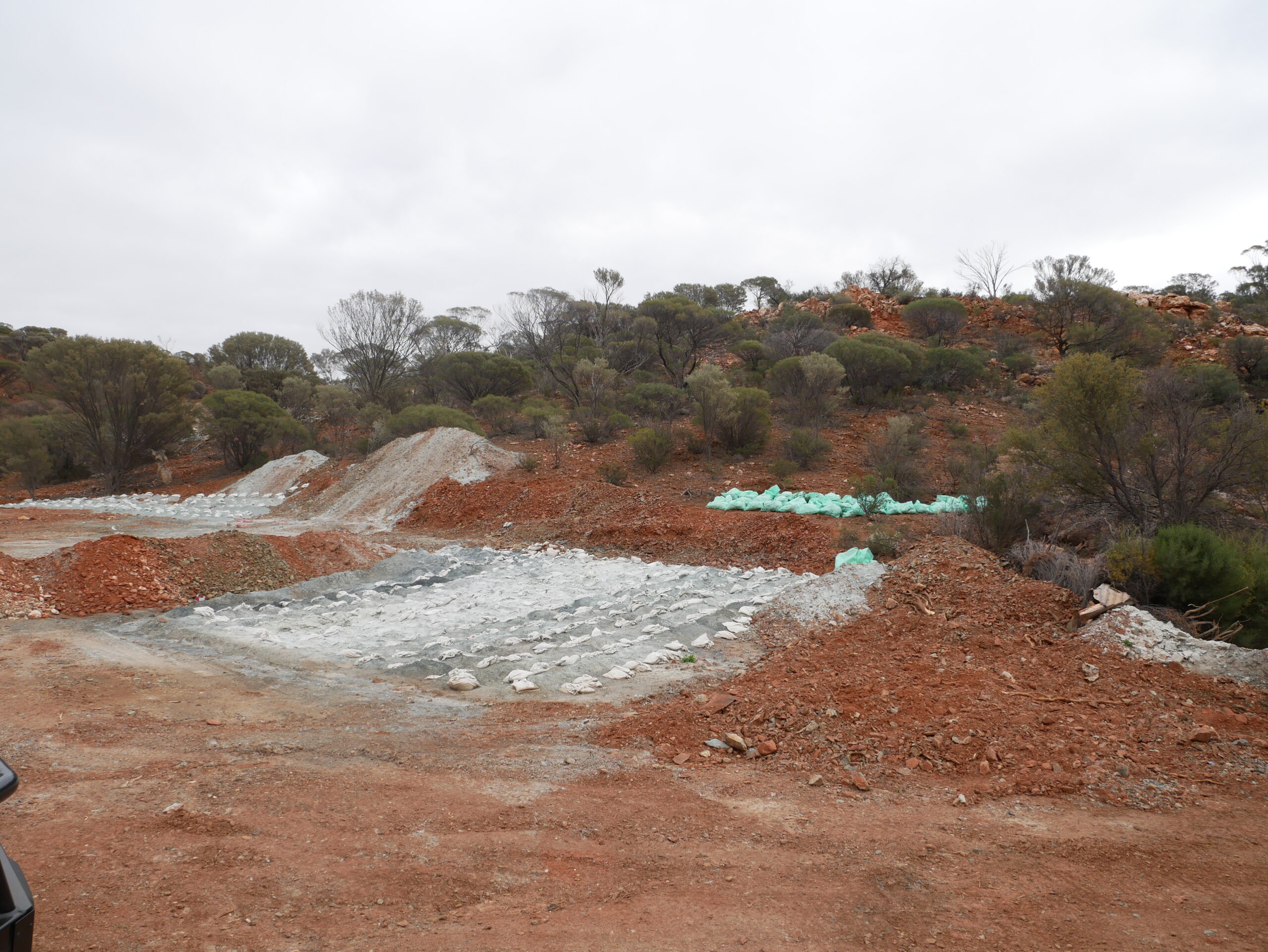The September issue of Paydirt went to print as the Australian Federal Government launched into its economic reform roundtable in Canberra, billed as the most important meeting since the Hawke Government’s National Economic Summit in 1983.
The Hawke summit is now widely seen as key to unlocking Australia’s potential in the 1980s and laying some of the foundations for the decades of prosperity the country has since enjoyed.
The Albanese Government will be hoping its roundtable is eventually held in similar regard, but the challenges of 2025 are very different to 1983. Back then, the priorities were around industrial relations and financial market reform. Today, it is about lifting productivity, improving the approvals process and the impact of AI.
For the mining sector, it is approvals which need the most reform. As we talk to company executives – whether explorers, mid-tier miners or majors – approvals processes, particularly timing is always a major bone of contention.
I’m no Chicken Little when it comes to approvals – I don’t think the weight of red tape is going to make the sky fall in – but there is no avoiding the reality that the overwhelming amount of approvals and form-filling required for everything – from a new exploration programme to your kid’s school excursion – is a massive drain on people, resources, funding and ultimately productivity.
We saw it towards the end of the last Parliament when Labor had to pull its “Nature Positive” legislation because Prime Minister Anthony Albanese couldn’t give West Australian Premier Roger Cook guarantees it wouldn’t result in more regulation for the WA resource sector.
The current system, which sees new layers added on top of old ones, meaning more duplication and more waste for no discernibly better outcome, is strangling productivity in everything from mining and exploration to home building and small business.
Nature Positive, the withdrawn WA Aboriginal Cultural Heritage Act, even JORC’s proposed inclusion of ESG factors are all building on top of previous incarnations, not replacing them.
When you decide to paint your kitchen, it is important to strip the old paint back, otherwise the new paint will flake and you’ll have to do it all again.
We find ourselves in the same position nationally. There is a definite need for new laws, but they must replace old ones. Existing environmental, heritage and even safety regulations need to be stripped back to those which are effective, and the gaps can then be filled.
Treasurer Jim Chalmers is right to take on the issue, but there needs to be a pragmatic fix. Speaking to The Guardian Australia last month, he said the Government was planning reform.
“In all the consultation I’ve been doing – in housing, renewable energy projects – there are too many instances where people are burning cash waiting for approvals to build things that we desperately want people to build,” Chalmers said.
Chalmers was canny enough not to throw mining and exploration into that quote given the news outlet he was speaking to but there is little doubt Labor is thinking of the resources sector as well when it comes to reform.
The most impacted segment of the industry is also the one which relies most on brevity – exploration.
While the established major miners can afford to work their way through the labyrinthine systems, explorers are in the exact position Chalmers talks about, burning cash waiting for approvals for work programmes which are never in any serious danger of being rejected. There must surely be a more efficient way of dealing with them.
Another major topic at the roundtable will be the rise of AI. For all the utopian and dystopian predictions about AI, perhaps this is where it could be a true saviour, in taking the human element out of all but the most complicated of approvals.

